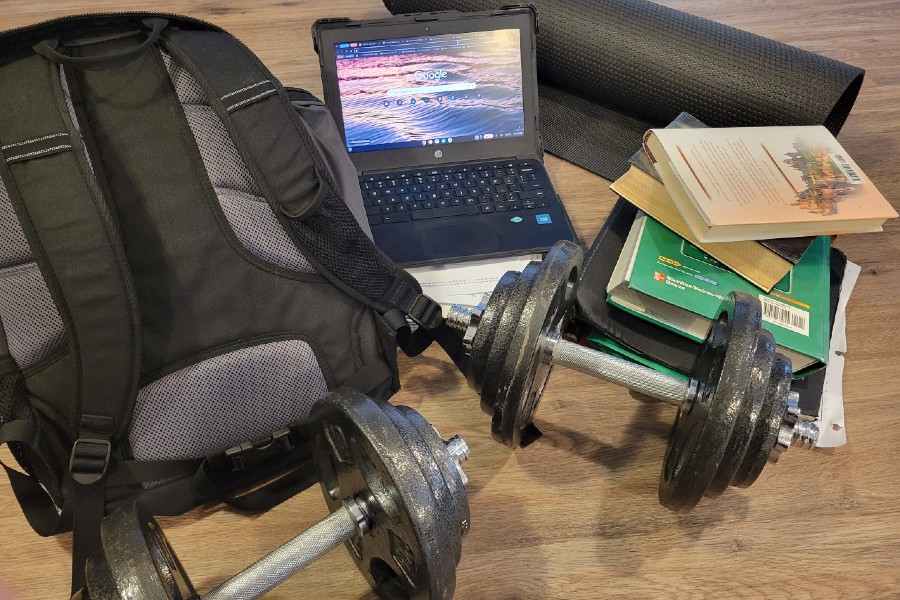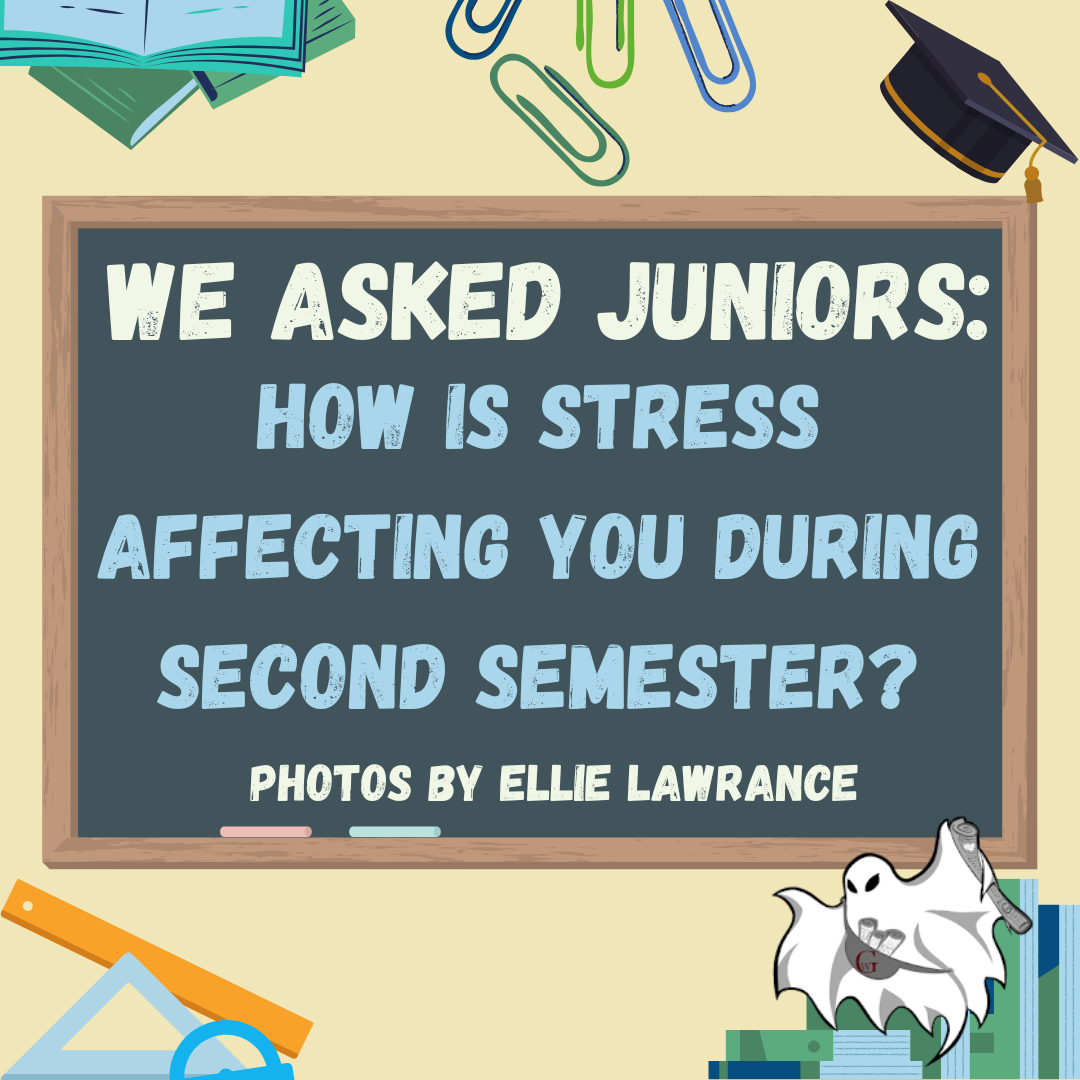Exercise is a fundamental part of any healthy lifestyle. The way people exercise greatly impacts how their entire body functions as all human body parts work in conjunction to make people function properly, meaning a healthy body often leads to a healthy mind.
Westford Academy has a high population of student athletes and a large number of students that partake in physical activities outside of school. Westford Academy also has a high population of very highly achieving academic students, but the two groups are not mutually exclusive. Oftentimes, students who are active and play sports or use their free time to exercise actually experience higher grades than non-athletically inclined students.
According to the National Library of Medicine, in a study done with over 50,000 students, non-athletes, when compared to athletes, were nearly 50% more at risk of dropping out of school. Non-athletes also passed significantly fewer tests with an average of 86% of student athletes passing tests across different subjects compared to the significantly lower 53% pass rate of non-athletes.
In my education at WA, I’ve seen these effects come to pass firsthand. My transcript is spread across a variety of different class levels, from my mixed level Latin class, containing both CP and honors credit students, to my electives such as Exploring Computer Science, which contains all grades from freshman to senior, to my highest level classes like Honors Algebra II. Having a spread out courses load means I get to see a great variance in learning capabilities and I get to meet a lot of different people, with some of the most intelligible being part-time athletes.
This phenomenon can be explained by many reasons, one of which is reinforced by a study done by Healthdirect. In this study, it was found that aside from exercise’s known physical benefits, it also offers advantages to mental health including increased memory capacity and mental clarity, reduced stress and anxiety, and even a reduction of symptoms for those afflicted with mental illnesses like schizophrenia and depression. It has even proven to be successful in improving the symptoms of ADHD and other common disorders. This is due to the positive hormones that the human body releases when it goes through exercise, rewarding the mind and providing a mood boost.
“My child was diagnosed with ADHD early in life, and the doctor told me to get him out there and run, run that energy off, so that is what I did,” school nurse Kathy Bordeau said. “He ran track, and he burned off his energy, and his ADHD improved because it helped with his balance of life.”
It’s also no secret that spending time outside and getting sunlight and fresh air is important to the mental well-being of people, especially kids and students who may not get to spend as much time outside due to their restricting schedules. Even though some sports take place inside, getting outside can be a way for children who don’t take to athleticism as naturally to exercise and get some fresh air.
In a study done by Mayo Clinic, spending time outside was found to improve mental health in many ways, including improving sleep quality, reducing anxiety and stress, and helping people manage their emotions better, among numerous other benefits. So even though sports may not be for everyone, just getting to spend some time outdoors can be just as beneficial. Whether it’s going on a run, or even a walk, it all counts as exercise, and getting to reap the benefits of the outdoors is an added benefit.
Some students may worry that they will run out of time to do school work if they commit to a school sport, and as a member of the WA Nordic Ski team, I can confirm that oftentimes, balancing athletics and academics does become a struggle. At the same time, I also notice myself becoming more productive and lively every winter when my participation in athleticism hits its peak. The mental boost that I get from exercising and spending time with my friends outside of academic studies is significant and I am yet to see a concerning drop in my grades thus far. The benefits in comparison to the minor inconveniences only reinforce my belief that exercise is something that any healthy, high achieving student should partake in, even if its in smaller doses than joining a school sport.
“If you’re somebody that’s struggling, trying to find something, you probably need a good friend that’s also into it. Maybe you try what they like, [or] maybe you try what somebody else likes, and you find your niche. You’ve got to find your niche,” Bordeau said. “As a nurse, I highly recommend good nutrition, exercise, and a balance. Everything is in a balance, so yes, you have to have a little bit of exercise, you have to have studying, and you have to be a balanced person with good time management skills.”
From yoga and pilates to weightlifting or long distance running, there is something for everyone. It’s never a bad idea to try something new and discover what form of exercise is most appealing for each individual, as each type of exercise is uniquely physically rewarding, allowing for a differently positive experience with each.
A break from school work through exercise is a perfectly fine sacrifice to make, and can even prove as a healthy and beneficial practice, potentially boosting productivity as a bonus. Don’t become discouraged from doing schoolwork in order to exercise but also don’t become discouraged from exercising in order to do school work, as the two can work in tandem to help create a healthy body and mind for oneself.








